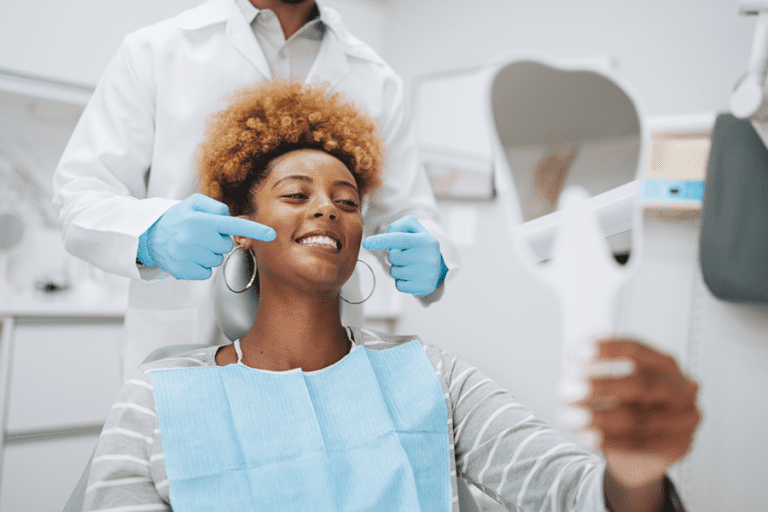St. Patrick’s Day has a reputation, and as much fun as it can be, the day doesn’t only leave a hangover. It also paves the way for cavities to set up shop on your teeth.
Tooth decay caused by alcohol consumption is a problem because of the sugars and acids in alcoholic drinks. When these sugars combine with natural bacteria in the mouth, they form an acid that attacks enamel and breaks it down. This is especially true when the teeth are constantly exposed to sugars and starches in alcohol without a break.
But it’s not just the sugar and starches in alcohol that can be harmful to teeth. Saliva is a powerful tool in reducing the incidence of cavities, and alcohol dries out the mouth just like smoking does. Dry mouth can accelerate the damage caused by the sugar in alcohol.
So be warned – if you’re going to partake in St. Patrick’s Day shenanigans, give your mouth a break. Mix in some water between beverages as a buffer. It will clean your teeth and keep your body hydrated. Also, brush and floss your teeth as soon as possible after you’re finished having fun!
For those planning on a weeklong St. Patrick’s Day celebration, the probability of damage from alcohol is much higher.
Heavy drinking can cause:
- Irritation of the gums, tongue, and oral tissue
- Increase in tooth decay
- Increased risk of gum disease
- Poor healing after dental surgery
- Poor dental health habits
Heavy drinkers are also at greater risk of developing cancer in the mouth, throat, and esophagus. Obviously these are side effects that you want to avoid, so if you are going out for St. Patrick’s Day, take it easy. Your teeth will thank you!
Wondering what other drinks can hurt your teeth? Consider kicking your soda habit.



